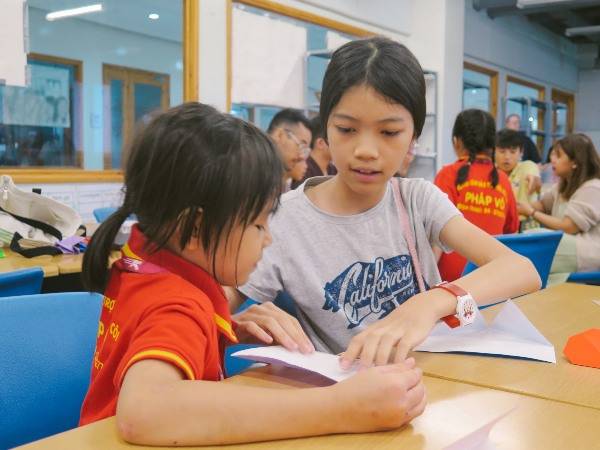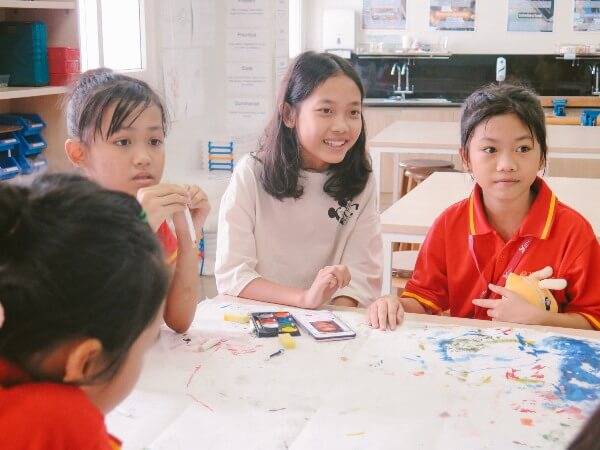In the PYP, action has a specific meaning as an element of the programme in which there is an expectation that successful inquiry will lead to responsible action, initiated by the student as a result of the learning process. This kind of student action may have a wider social impact, and it always represents a voluntary demonstration of a student’s empowerment.
In the Elementary School action precedes service learning. This is defined as a teaching and learning strategy that connects the learning process to authentic, meaningful and mindful, student led action which is:
It is intended that the PYP stage of service learning is action that serves as a foundation for later stages in the IB journey.
We believe that:
Whilst the action itself is a significant component of a service learning and action projects, it is not done in isolation, and is scaffolded by- and embedded within- the whole PYP curriculum.
Service-learning at AISVN is a teaching and learning strategy that connects academic curriculum to community problem-solving. Where students learn and develop through active participation in thoughtfully organized service, which:
Service-learning is beneficial for students, organizations, and communities. All students can be involved in, and benefit from, service-learning from Early Years through to Grade 12 and beyond.
The ultimate goal of service learning at AISVN is to foster active global citizens with the understanding, skills and drive to be proactive participants in global development throughout their lives.
Throughout the process students:
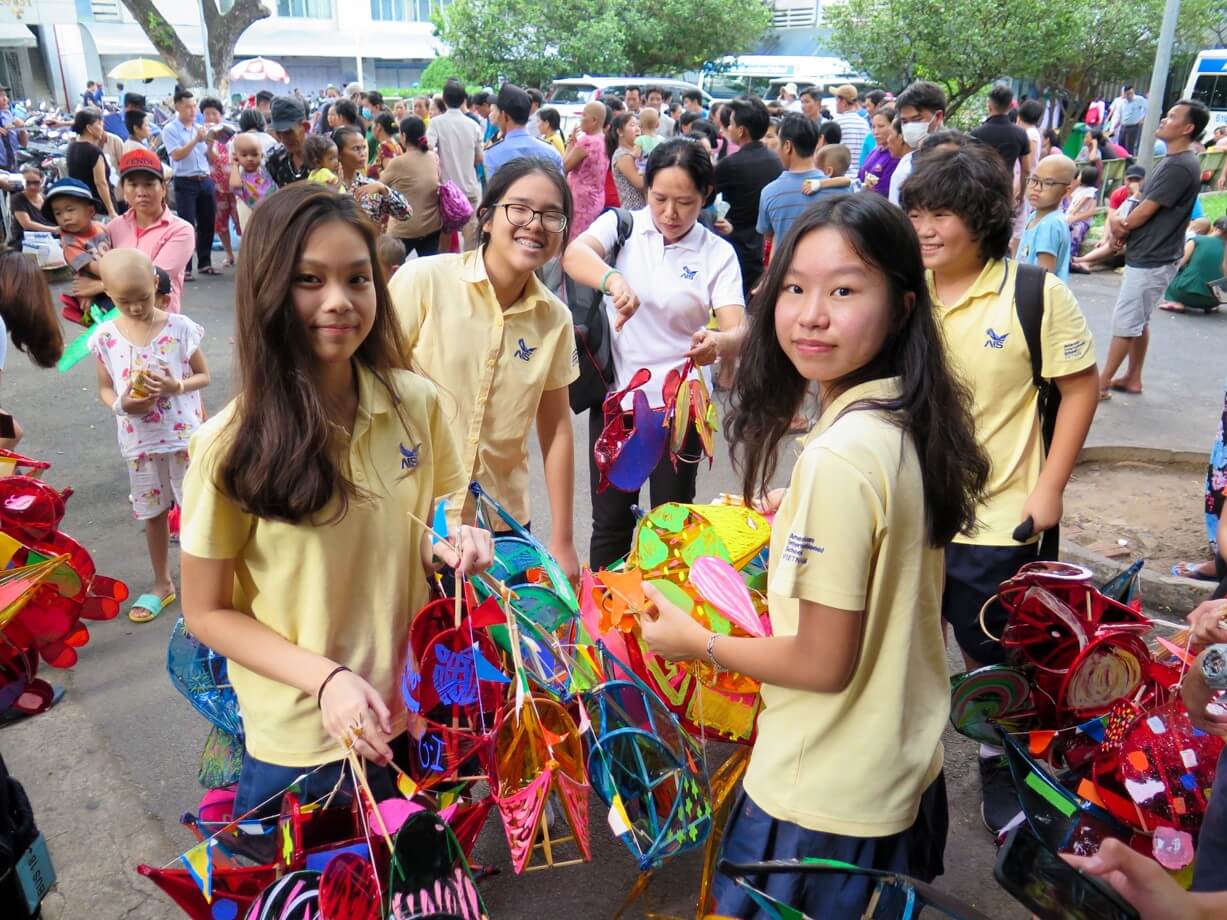
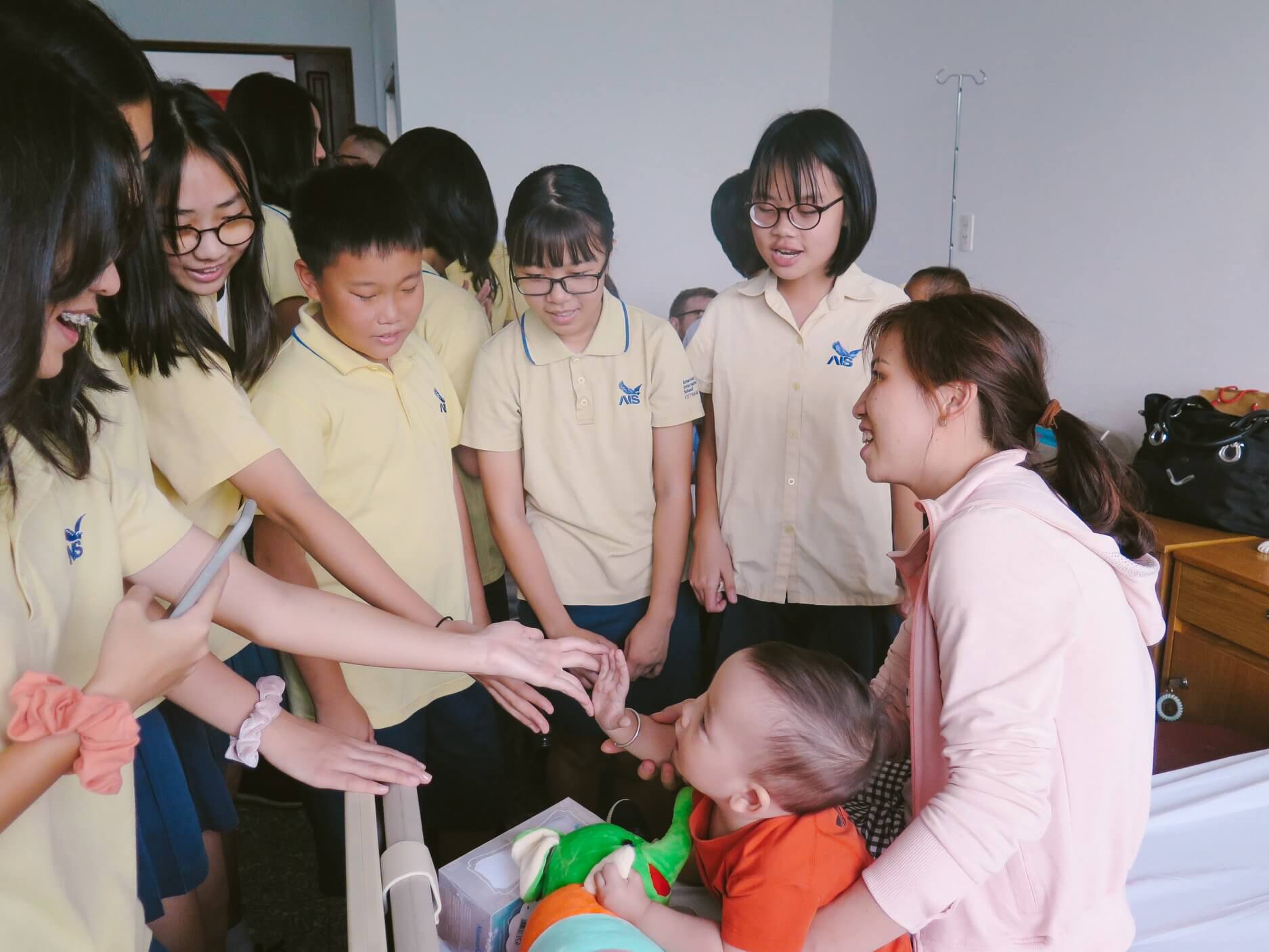
Current Service Learning Clubs are:
CAS is one of the three essential elements that every student must complete as part of the Diploma Programme (DP).
Studied throughout the Diploma Programme, CAS involves students in a range of activities alongside their academic studies.
The three strands of CAS, which are often interwoven with particular activities, are characterized as follows:
In order to demonstrate these concepts, students are required to undertake a CAS Project.
The project challenges students to:
CAS enables students to enhance their personal and interpersonal development by learning through experience. It provides opportunities for self-determination and collaboration with others, fostering a sense of accomplishment and enjoyment from their work. At the same time, CAS is an important counterbalance to the academic pressures of the DP.
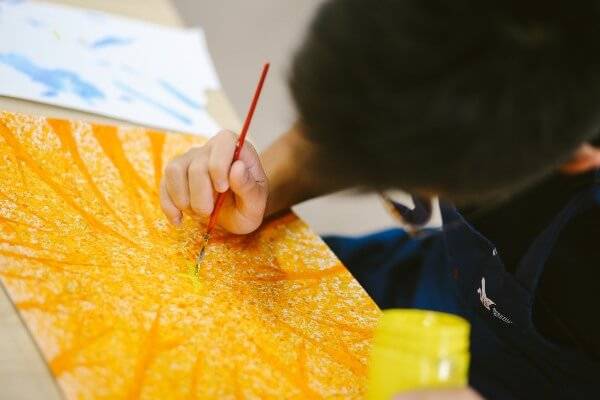
The AISVN Student Council serves and represents the interests of the students of American International School Vietnam (AISVN). The student council helps share ideas, interests, and concerns with teachers and school principals. They also help raise funds for school-wide activities, including social events, community and service learning projects, helping people in need.
The members of the student council serve as the vehicle of communication between the students and the school administration; upholding the AISVN Student Council Constitution, and empowering students through collective involving concerns such as student activities, campus life, and the management of student funds.
The student council shows leadership and integrity in support of the students and within the guidelines set forth by its Constitution.
